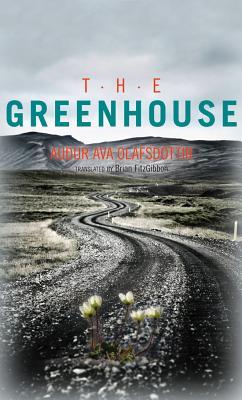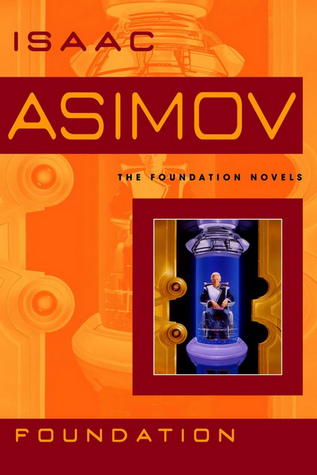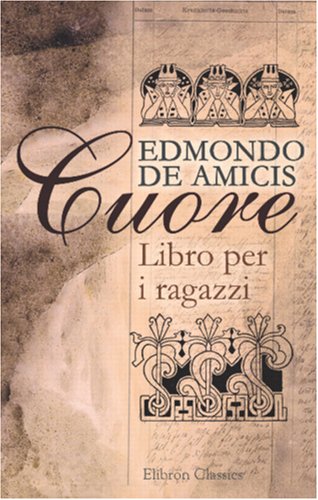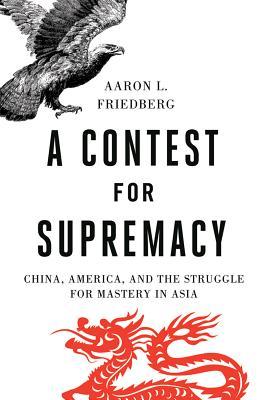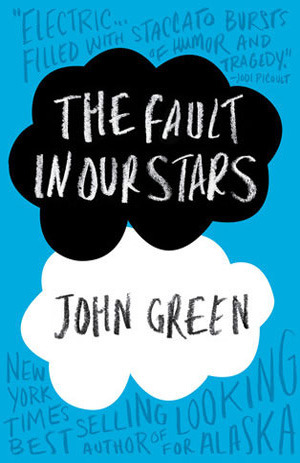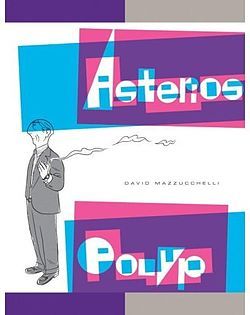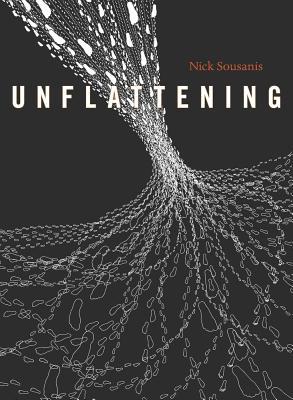
"Unflattening" is an
experiment in visual thinking. A scholarly discourse through the form of comics. Very possibly, the only one ever produced so far.
The
author, Nick Sousanis, earned his Ph.D. in interdisciplinary studies
last year from Teachers College Columbia University, where he produced
his dissertation entirely in comics form.
Harvard University
Press decided to publish the dissertation as a book, the first time the
press has printed a comic. This fact - in itself - can explain why, unfortunately, the content of
the book is not as exciting as the concept itself of "writing a PhD
dissertation using comics". It's just not as strong and stimulating as it could have been.
The drawings are beautiful, inventive, and the author's love for comics is palpable all through this book.
Overall, Sousanis argues in defense
of multiple perspectives on reality and the power of visual literacy:
"
For centuries, words have been considered the superior currency of
intellect. So much so that our reliance on the written word, like any
other kind of
dominant perspective, is so pervasive that we don’t even
realize our role in perpetuating it", he argues.

The question he fails to answer is the following: is
this really a dominant perspective that we all follow sheepishly, or
is it rather an evolutionary achievement driven by the need to
find the most effective, practical and articulate mean of communication?
But
beyond that point, this argument seems to ignore that a big
part of the Western world has already evolved, or it is moving on from
the limitations of the written word, by embracing a kaleidoscopic mix of words and
images. Snapchat. Emojis. Memes. Most young people use their mobile devices more than they read books.
Or look at the Kahn academy, at all the new approaches to teaching, the
youtube-spin-off educational tools, and any type of internet-based
graphic-related serious study.
So here is the
first
issue with this work: the fundamental concept doesn't seem to be that solid to start with. Within the academic world, the concept of a
dissertation in comics might be extravagant and very exciting (not "oo-hoo! Party!" exciting, but you know, university exciting) , because here is a comic
about a serious research work being made of comics instead of words.
But outside of the academic
world?
Ok, let's agree with the author's postulate: a university dissertation should not necessarily and
strictly be a thing made only of words. That is a thing of the stuffy,
rigid past. Images, drawings and comics can be widely used to express
complex arguments of philosophy, science, religion, whatever else. Let's
agree with the author.
Unfortunately, though,
I really do not
see how anyone would care for a split second about this, given that academic language is a niche, an extremely limited area of interest.
Second issue: more importantly,
not a single one of the ideas presented in
the book is new or even slightly original.Third issue: the dissertation should have been better articulated, the concept
conveyed with stronger arguments. It's good that someone is thinking
about shaking things up a bit in the world of dissertations, but let's
not forget that this is still, ultimately, a doctoral dissertation, and
as such, one would expect much stronger and stimulating arguments.
Instead,
the grounds for the dissertation's arguments are actually pretty weak and
vague. Is it maybe my snobbish-European-who-studied-philosophy point of
view? I don't think so.
Sousanis doesn't go much further in his argument than stating that everything can be seen from different perspectives, and that
"people" (never contextualized, never specified who or where) see things
in a flat way, never stepping out of their habitual way of thinking,
and doing things "just because they've always been done this way".
I
kid you not,
the author hammers on this simplistic common-sense concept for more
than two thirds of the book, using different metaphors and examples to
repeat the same concept over and over.
Even worse, these metaphors
are conveyed through negative, bleak, pessimistic drawings, as if
this lack of out-of-the-box, ever-evolving imagination was a social
disease instead of an absolutely normal aspect of being human.
The
main practical problem of this view is that
keeping a steady point of
view, albeit rigid and illusory, is a very healthy thing that a human
being can do. People who question their assumptions less than others
live more comfortable lives, this is just a fact. Evolution, in its millennial wisdom,
has set things up so that only a few people need to make the effort to
look beyond the limits of their usual point of view, and provide new
ideas, inspiration, new points of view. Not the majority. Because being
like that is painful. It's generally the outliers who come up with the
best ideas. But here is the thing: either you are, or you are not. A
book, in prose or graphic novel format, is not going to change anything
at all.
So why argue this point? Just to make an over-long
introduction to the real point, which is "comics can communicate as well
as words or even better sometimes, even in dissertations like this
one?"
What is surprising is that this real point is very thinly
argued. The argument, I gather, is supposed to be the book itself. However,
trying to prove that using different points of view is a good thing is hardly the
most cogent and specific proof that using comics in a doctoral
dissertation can be useful. That is too broad, too weak, just not enough.
Yes,
there is also a good section about the value of drawings and comics in
general, but there are many other arguments that the author could have
explored and he left out. Facts, proof that in different world cultures
the value of images vs. words changes, and that in many cultures visual
literacy was/is higher than in ours, with successful results.
What
about the power of ideograms? What about the neurobiology of word-based vs. image-based language? Only
one time the book touches on something useful to his
argument, that the author should have expanded on, that is the
presence of visual literacy and visual communication in other cultures
(i.e. Pacific Islanders maps). Had he found more examples of that, he
could have made his argument a little stronger, but no, the book ends a
few pages later, offering yet another couple of metaphors about, again,
how we need to shift our points of view!
So in the end,
ironically, this book
seems to prove that the comics form, although very powerful, is not as
good as the literary form as a mean to convey arguments and to write a
scholarly dissertation. If we base our conclusion on "Unflattening", this is certainly true. However, I don't think that is the case. Images can say more than words, if handled with the proper intellectual strength and wisdom.
Finally,
a note about page 14: here we find a hugely misguided "good old days" narrative
that goes: "
This creature [man], who once [again, when?? In Da Vinci's times?]
attempted to define the universe through its own proportions, now finds
itself confined, boxed into bubbles of its own making.... What had first
opened its eyes wide, darting, dancing, has now become shuttered, its
vision narrowed". In other words: we used to be able to think with an
open mind, look for example at Humanism, but now we are not anymore, and
everything is shit because of that. Oh Lord... I'm sorry but this
one is so lame. Do you realize that not even 1.5 % of the European
population studied or cared about philosophy in Da Vinci's times? By
quoting Da Vinci, you are actually proving the opposite point, that it
has always been the outliers who brought truly original thinking. In
every age, there have been people thinking in a uniform
lazy-standardized way, and a few people who thought in new, original
ways. There wasn't a golden time when "people used to be all so
open-minded". There just wasn't. That is an academic abstraction.






